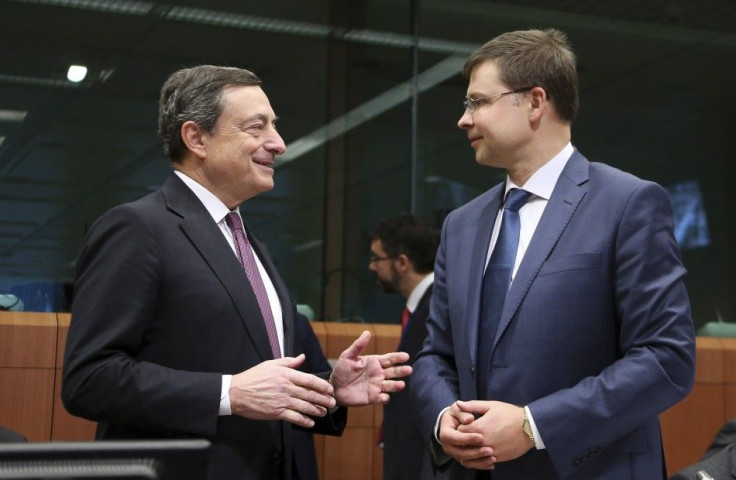US led TTIP trade deal will undercut EU’s influence, says French lawmaker

The upcoming Trans Atlantic Trade and Investment Partnership will injure the interests of many European Union states, says a French lawmaker in European Parliament. Jean-Luc Schaffhauser is of the view that TTIP will weaken the international influence of European states.
The controversial U.S. advocated pact seeks to create world's largest legislated free trade with two-thirds of global economic output brought together. "We can see the building of a free trade zone with the Transatlantic Trade and Investment Partnership… is made to diminish the influence of the European Countries," Schaffhauser reiterated.
US Domination
The French lawmaker also alleged that Washington is trying to ensure its "domination" by buying out shares of leading French companies such as Alstom and Alcatel. The lawmaker is not alone in his concerns and his views are in sync with the opponents of the deal, who had been questioning the trade deal’s secret negotiations and were calling it pro--multinational corporations and harmful to the sovereignty of nations and local consumers. They claim it will hurt small and medium European businesses. Calling it an "economic NATO," the anti-TTIP factions have gathered 2.3 million signatures across 14 EU member states.
For the U.S, TTIP is a companion agreement to the Trans-Pacific Partnership, it is negotiating with 11 Pacific rim states. The European Commission has launched a public consultation on TTIP in January 2015 on many of its clauses, after a proposed draft was leaked in March 2014.
ISDS Worry
For the EU states, the main worry is the Investor Dispute Settlement Mechanism that may allow corporates to sue the states. In July, the European Parliament voted to moderate the impact of ISDS by suggesting to bring in corporate tribunals in TTIP, as proposed by the Socialists and Democrats to "replace the ISDS system with a new system for resolving disputes between investors and states."
The Parliament wanted a more "transparent" process with "publicly appointed, independent professional judges in public hearings" than private arbitration panels. EU Trade Commissioner Cecilia Malmström claimed "TTIP will not in any way affect EU public services, nor will it in any way undermine the power of EU or national Parliaments. And it will certainly not undercut core EU legislation in areas such as food safety or environmental protection." But campaigners are not satisfied. They say the changes passed by the European Parliament would only make some marginal improvements on the "standard" ISDS practices, but its core aspects are still a threat.
Stop TTIP
Anne Dänner of the campaign group "Stop TTIP" called the reforms as purely cosmetic. She said, “in essence, foreign investors are still to receive substantial additional rights compared with domestic companies and a parallel justice system to domestic courts to enforce these rights."
In fact, many activists argue that ISDS is unnecessary under TTIP since the U.S. and EU legal systems are sufficient enough to deal with such cases. For decades, ISDS was a diplomatic gesture between the countries involved and few claims were made. However, in the late 1990s the number of ISDS cases started swelling as lawyers found its potential for making profit for companies and in bending legislations in their favour.
The stats from UN Conference on Trade and Development show that in 2014 a total of 608 known ISDS cases had been initiated, with a quarter of ISDS cases having emerged in the past three years. It seems ISDS will continue to remain a bone of contention in TTIP with more protests in the offing.
(For feedback/comments, contact the writer at feedback@ibtimes.com.au or let us know what you think below)




















